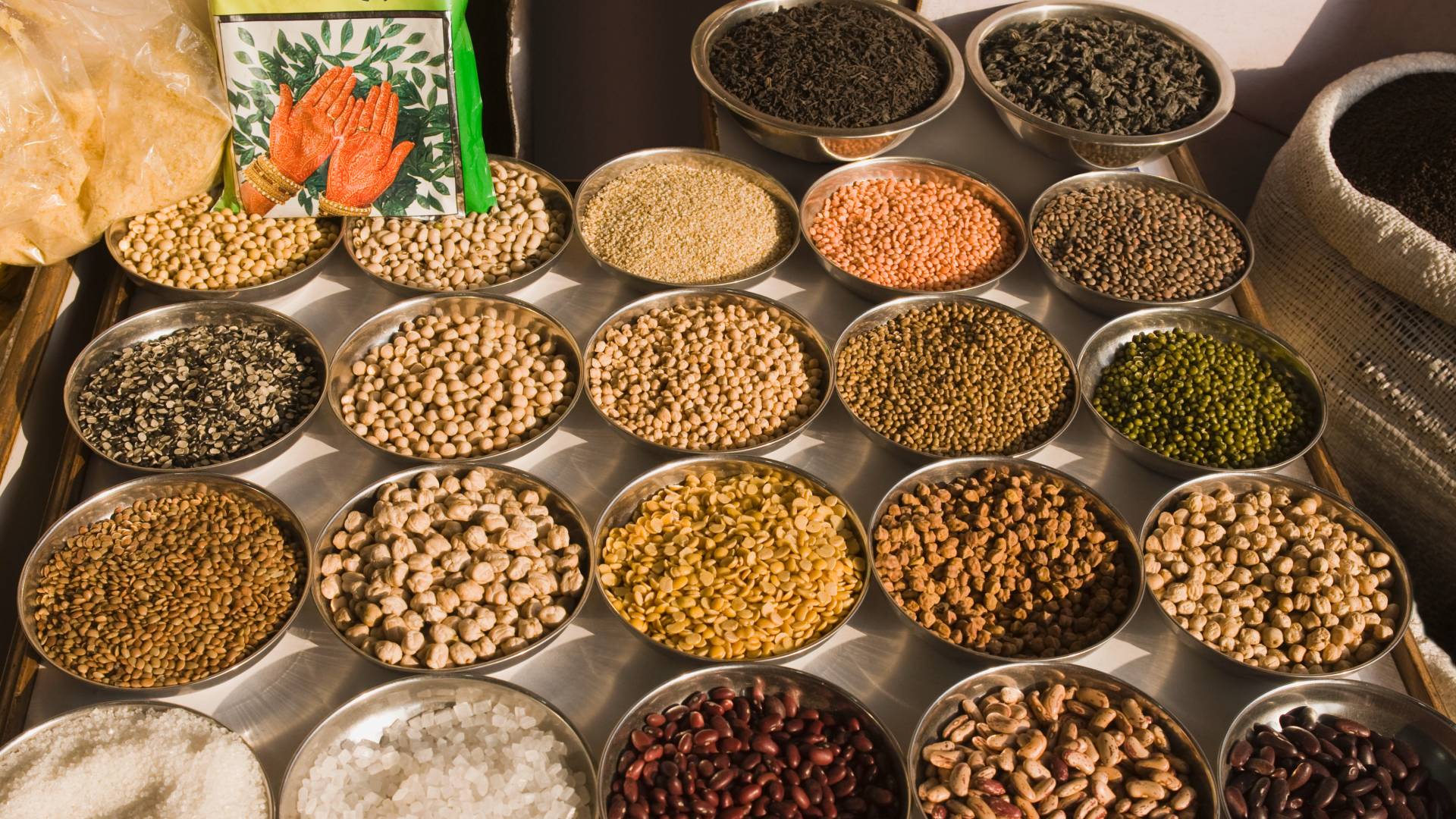To Fight Two Chronic Diseases Faced by Many in India, Health Leaders Issue New Guidelines Focused on Plant Proteins

India is facing an alarming rise in metabolic dysfunction-associated steatotic liver disease (MASLD) and type 2 diabetes (T2D), with MASLD now affecting 27.4% of the population and more than 77 million individuals diagnosed with diabetes. These twin epidemics often coexist, compounding health risks such as heart disease, kidney disease, liver cancer, and stroke.
Recognizing the urgent need for intervention, a panel of experts has released new guidelines specifically for screening and treatment of Asian Indian patients managing both conditions. The guidelines recommend some key dietary and lifestyle modifications like limiting saturated fats, including ghee, coconut oil, and butter, which are often mistakenly considered healthy. Consuming too much of these fats promotes liver fat build-up and chronic inflammation, raising the risk of several chronic diseases that Asians are particularly prone to.
Published in the journal Diabetes and Metabolic Syndrome: Clinical Research and Reviews by Elsevier, the guidelines highlight the powerful role of plant-based diets in improving metabolic health. They highlight the importance of adequate protein intake, particularly from plant-based sources like legumes, nuts, and seeds.
Insulin resistance, overweight, and obesity are key drivers behind both T2D and MASLD. Research shows that a whole food, plant-based diet can reduce the underlying causes of T2D—excess fat accumulation inside cells, insulin resistance, and chronic inflammation. This approach not only supports blood glucose control but also reduces liver fat, promoting better overall metabolic health.
Plant-based diets have gained traction as an effective strategy for preventing and managing diabetes, with studies showing a more than 30% reduction in liver fat within weeks of dietary change. A randomized trial also found that 43% of participants following a low-fat, plant-based diet were able to reduce their diabetes medications compared to just 26% in the conventional diet group.
The new guidelines echo the growing evidence, calling for diets high in complex carbohydrates, plant-based proteins, and healthy fats, along with regular physical activity and the elimination of alcohol.
For millions of Indian patients battling diabetes and liver disease, a shift toward plant-based nutrition offers a powerful, accessible tool for reclaiming health—one plate at a time.
Zeeshan Ali, PhD
Dr. Zeeshan Ali is the Kickstart India Program Specialist at the Physicians Committee for Responsible Medicine in Washington, D.C.He uses his working knowledge of chronic disease, nutrition, and Indian culture to develop content for the 21-Day kickstart India program. He also writes scientific reviews and articles on non-animal-based research methods.








